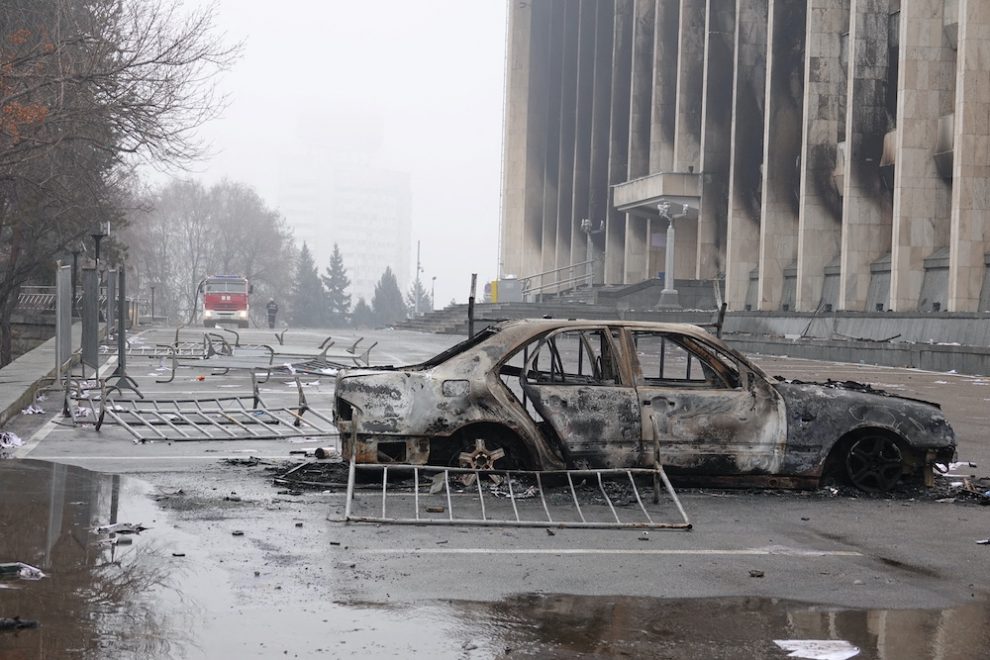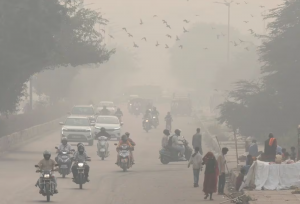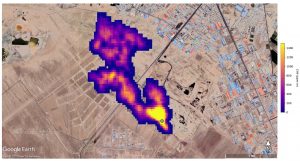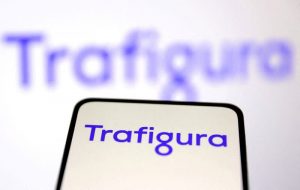Dozens of people have died and thousands have been detained in Kazakhstan over the past week during the worst violence seen in the Central Asian nation since it became independent in the early 1990s.
Security forces appeared to have reclaimed the streets of the country’s main city on Friday, a day after Russian paratroopers arrived to help quash the uprising.
Here is a snapshot of Kazakhstan, its economy and political system.
Where Is It and Why Does It Matter?
Kazakhstan, located between Russia and China and also sharing borders with three other ex-Soviet republics, is the largest economy in Central Asia, with rich hydrocarbon and metal deposits. It has attracted hundreds of billions of dollars in foreign investment since becoming independent in 1991.
Strategically, it links the large and fast-growing markets of China and South Asia with those of Russia and Europe by road, rail, and a port on the Caspian Sea. It has described itself as the buckle in China’s huge ‘Belt and Road’ trade project.
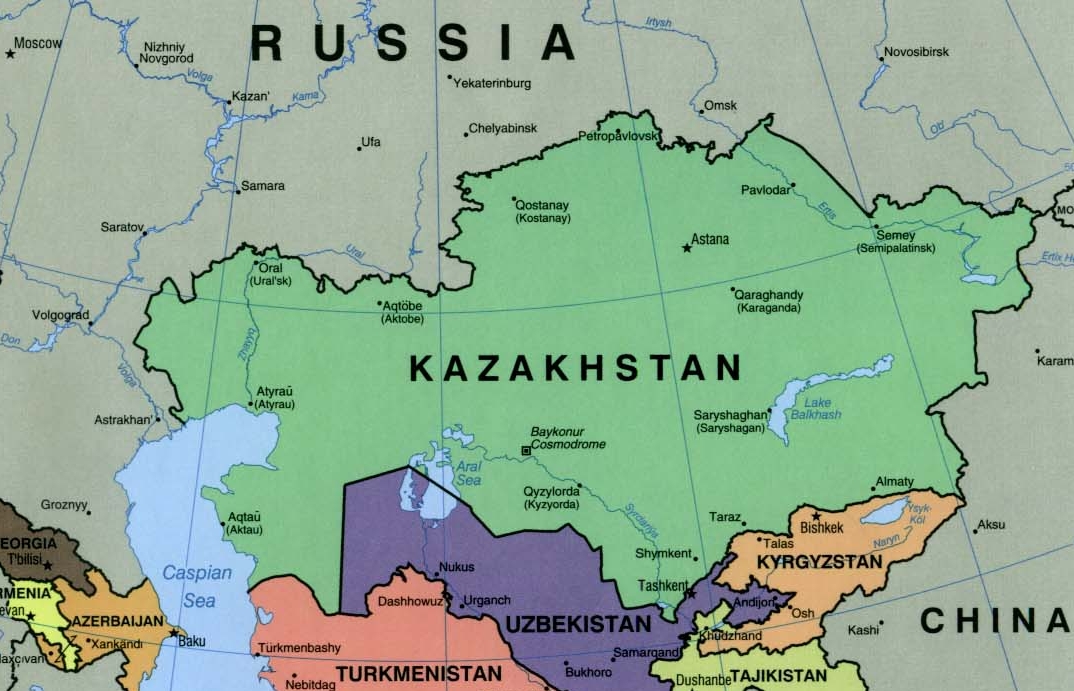
Kazakhstan is the top global producer of uranium and this week’s unrest prompted an 8% jump in the price of the metal that fuels nuclear power plants. It also the world’s ninth biggest oil exporter, producing some 85.7 million tonnes in 2021, and its 10th largest producer of coal.
It is also the world’s second largest miner of bitcoin after the United States. Bitcoin’s “hashrate” – the measure of computing power of machines plugged into its network – dropped by over 10% on Wednesday after Kazakhstan’s internet was shut off, according to crypto mining firm BTC.com.
Why Are People Angry?
The uprising began as protests in oil-rich western regions against the removal of state price caps on New Year’s Day for butane and propane, which are often referred to as ‘road fuels for the poor’ due to their low cost.
The reform, aimed at easing oil shortages, quickly backfired as prices more than doubled. The protests spread, tapping into a wider sense of discontent over endemic state corruption, income inequality and economic hardships that have all been compounded by the coronavirus pandemic.
Although the richest of the Central Asian republics in per capita income, half of the population in Kazakhstan – the world’s ninth largest country by territory – live in rural, often isolated communities with poor access to public services.
While the country’s vast natural resources have made a small elite incredibly wealthy, many ordinary Kazakhs feel left behind. About a million people out of a total population of 19 million are estimated to live below the poverty line.
Annual inflation is running at close to 9%, the highest in more than five years, prompting the central bank to hike interest rates to 9.75%.
Who Is In Charge?
Career diplomat Kassym-Jomart Tokayev, 68, was elected president in 2019 on promises to continue the broadly pro-business policies of his long-serving predecessor, Nursultan Nazarbayev. But Nazarbayev, a former Soviet Politburo member who led Kazakhstan for nearly three decades, was widely seen as the real power behind the throne.
Tokayev has used the protests – which have sometimes targeted symbols of the Nazarbayev era including statues – to fire the 81-year-old former president from his post as chief of the powerful Security Council.
Nazarbayev has made no public comments or appearances since the protests erupted and it remains unclear to what extent the uprising will weaken the considerable influence he and his family have continued to wield in politics and business.
Tokayev also sacked Nazarbayev’s nephew, Samat Abish, as second-in-command of the security police. Nazarbayev’s eldest daughter Dariga, a former speaker of the Senate and still a lawmaker, has been spoken of in the past as a possible future president.
Economic Prospects
Kazakhstan’s per capita gross domestic product in 2020 was $9,122, World Bank data show, slightly above that of Turkey and Mexico but below its annual peak of nearly $14,000 in 2013.
Tokayev’s government introduced a stimulus package worth 6% of national output to help smaller and medium-sized businesses weather the Covid-19 pandemic.
The World Bank has forecast economic growth of 3.5% in 2021, rising to 3.7% this year and 4.8% in 2023. It has urged Kazakhstan to boost competition and limit the role of large state-owned enterprises in the economy, tackle social inequality and create a more level economic playing field.
Human Rights and Freedoms
Western countries and rights groups have long criticised Kazakhstan for its authoritarian political system, its intolerance of dissent, curbs on media freedoms and lack of free and fair elections, though it has also been viewed as less repressive and volatile than its ex-Soviet neighbours.
Amnesty International said this week’s protests were a result of the authorities’ “widespread repression of basic human rights” and it called for the release of all those arbitrarily detained and for investigations of past state abuses.
“For years, the government has relentlessly persecuted peaceful dissent, leaving the Kazakhstani people in a state of agitation and despair,” said Marie Struthers, Amnesty’s Director for Eastern Europe and Central Asia.
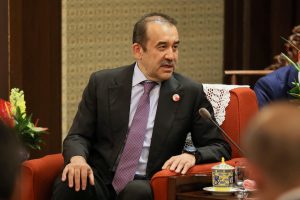
What’s The Latest?
Kazakhstan’s former intelligence chief has been arrested on suspicion of treason, the state security agency said on Saturday. The detention of Karim Massimov was announced by the National Security Committee which he headed till he was fired by President Kassym-Jomart Tokayev as protests swept the nation.
Tokayev told Russian President Vladimir Putin in a “lengthy” phone call that the situation in the country was stabilising, the Kremlin said.
It said Putin backed a proposal from Tokayev to convene a video conference of leaders from the Collective Security Treaty Organisation (CSTO), under whose umbrella Russia and four other former Soviet republics have sent troops to restore order in Kazakhstan.
Dozens of people have died, thousands have been detained and public buildings torched across the country over the past week in the worst violence experienced in the major oil and uranium producer since it became independent in the early 1990s as the Soviet Union collapsed.
Tokayev ordered his troops to shoot to kill to put an end to what he has called attacks by bandits and terrorists. He said on Friday the state “slept through” instigators’ preparations to launch attacks on the biggest city, Almaty, and other sites. The arrest of Massimov indicated that moves against those deemed responsible are under way.
Apart from heading the intelligence agency that replaced the Soviet-era KGB, Massimov is a two-time ex-prime minister who worked closely with former President Nursultan Nazarbayev, the country’s ruler for three decades until he turned over the presidency to Tokayev in 2019.
The demonstrations began as a response to a fuel price hike but swelled into a broad movement against Tokayev’s Russian-backed government and 81-year-old Nazarbayev, whose family is widely believed to have retained influence in Nur-Sultan, the capital that bears his name.
East-West Tensions
After several days of violence, security forces looked to have reclaimed control of the streets of the main city Almaty on Friday.
Some businesses and petrol stations began to reopen on Saturday in the city of around 2 million people as security forces patrolled the streets. Occasional gunshots could still be heard around the city’s main square.
The deputy mayor of the city was quoted by Russia’s RIA news agency as saying operations to purge the city of “terrorists and bandit groups” were still under way and citizens were advised to stay at home.
The interior ministry said that more than 4,400 people had been detained since the start of the unrest. Tokayev announced that a national day of mourning would take place on Monday to commemorate those killed in the unrest.
The deployment of the Russia-led CSTO military alliance at Tokayev’s invitation comes at a time of high tension in East-West relations as Russia and the United States gear up for talks next week on the Ukraine crisis.
Moscow has deployed large numbers of troops near its border with Ukraine but denies American claims it is planning to invade the country, saying it wants guarantees that NATO will halt its eastward expansion.
• Reuters with additional editing by Jim Pollard
ALSO SEE:
Kazakhstan Unrest Slashes Bitcoin Mining Operations
Kyrgyz Power Official Detained Over Crypto Mining




